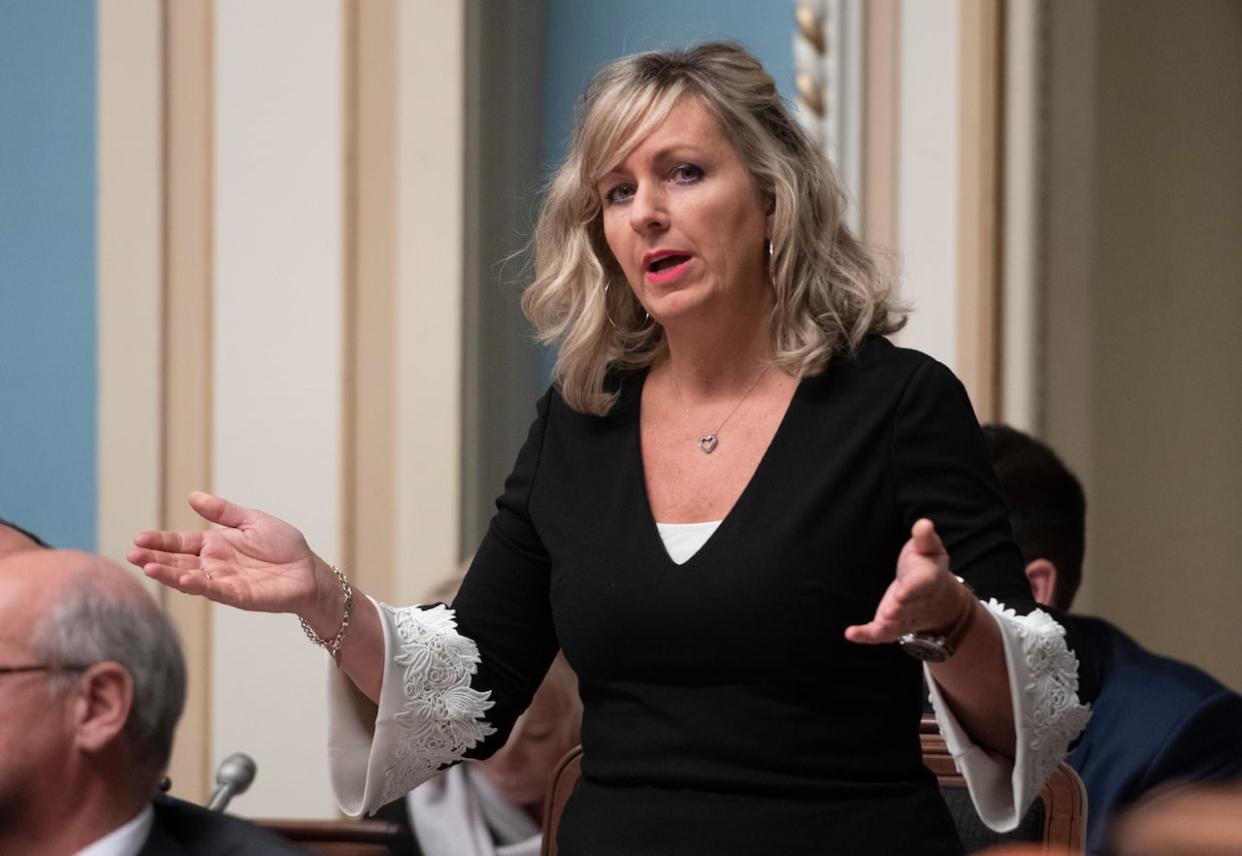Quebec passes bill to diversify revenue for municipalities

Quebec has granted municipalities new powers with the aim of diversifying their revenue sources.
Bill 29 was passed unanimously Friday afternoon, before the National Assembly goes into recess.
Minister of Municipal Affairs Andrée Laforest's piece of legislation was originally drawn up with the aim of consolidating transfers of Quebec sales taxes (QST) to municipalities. It will also allow municipalities to tax vacant dwellings, a long-standing demand of Projet Montréal.
One amendment to the bill provides a better framework for the spending of public consultation offices such as the Office de consultation publique de Montréal (OCPM) by ensuring that their staff are subject to the same policies as municipal employees.
Municipalities that provide public transit services will also have the right to tax vehicle registration based on fuel consumption — which the Coalition Avenir Québec (CAQ) government had previously spoken out against.
Another amendment gave towns and cities the means to ensure the protection of their natural environments without fear of being sued by owners for "disguised expropriation." The Association des professionnels de la construction et de l'habitation du Québec (APCHQ) denounced the measure Friday.
"There are more obstacles than ever to building and densifying in Quebec," it posted on X, previously known as Twitter.
"How are we going to house people? By continuing to eat up agricultural land?"
The Fédération québécoise des municipalités (FQM) welcomed the adoption of Bill 39, arguing that it represented "a significant step toward modernizing the rules governing municipal taxation." It had been calling for the transfer of one point of QST to the cities to be consolidated.
The Commission de l'aménagement du territoire had to carry out a detailed study of the text in recent weeks, which led to the suspension of work on Minister France-Élaine Duranceau's Bill 31 — whose adoption, promised by Christmas, was postponed until 2024.
Since 2020, the transfer of one QST point to municipalities will have generated revenues of $826 million, according to government estimates.


